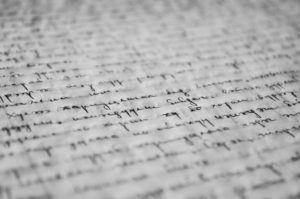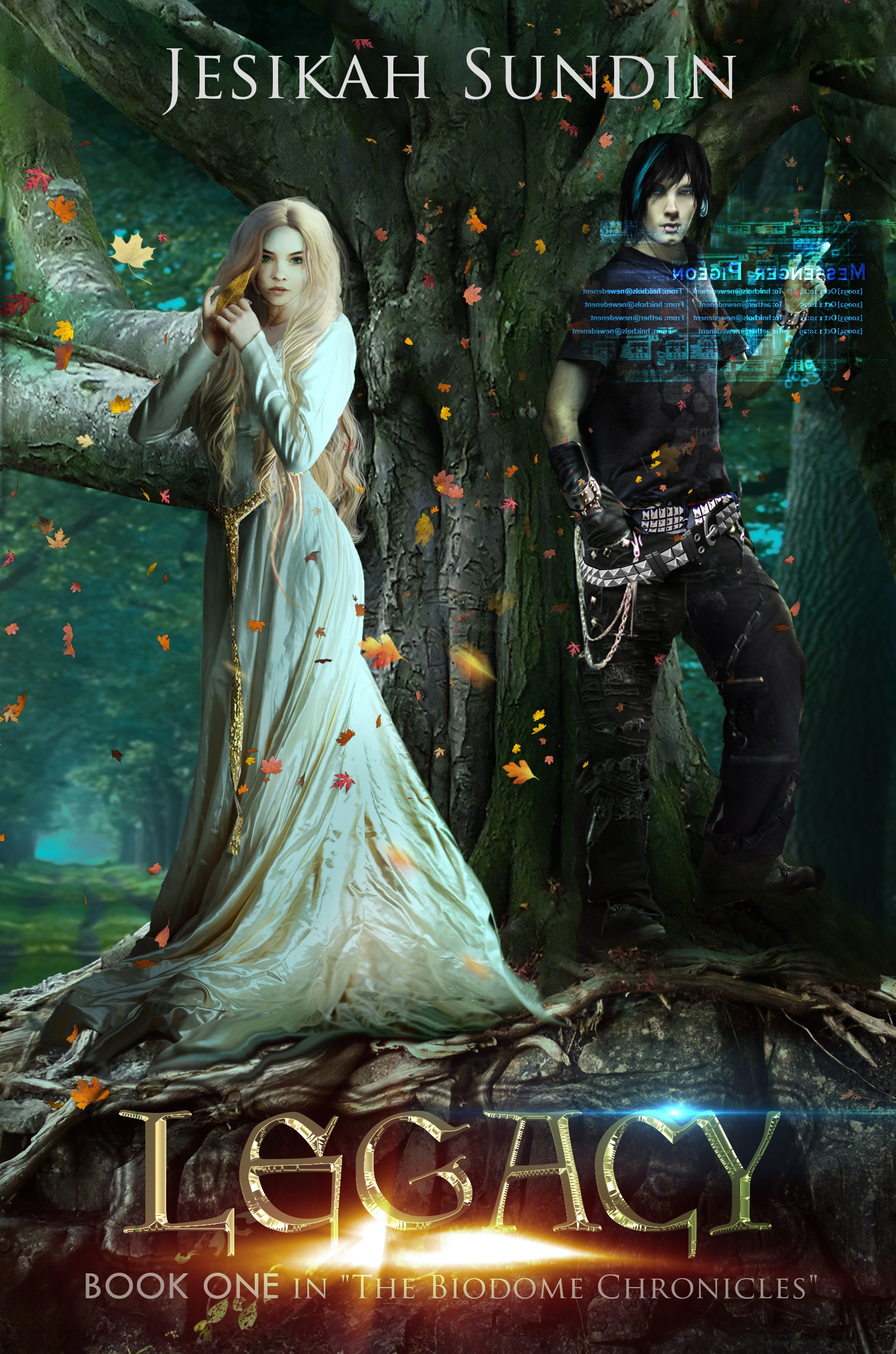
Words.
The English language has a lot of them. Estimated to be over a million, in fact.
To further complicate matters for the writer, many words in our language seem to overlap and mean the same thing. However, different words with similar meanings can have dramatically different effects on your readers.
Word choice is the most important decision you will make in the process of writing your book. From the moment you start typing the first word, you are making a choice. Every single word after that is another choice.
Some choices are obvious; there aren’t any synonyms for “the.” Articles are the mortar of language; no one notices them unless they are used incorrectly. Prepositions are similar; while there is some variation, it’s minimal. Under and below mean essentially the same thing, although they can set different tones in your writing.
Other parts of speech are more difficult. Which adjective fits your description best? There are 58 shades of yellow, according to wikipedia; which one do you use to describe the ray of sunlight filtering through the window onto the bananas?
Or do you find you are using the same adjective over and over again, neglecting to find the perfect word to fit each instance of description? One of the things my editor picked out in an early draft of Dream of a City of Ruin was the many times I referred to “muddy water.” True, the water was muddy each time, but it was also turbid, murky, and brown.
Which verb most accurately describes an action? Did your hero fling the dagger or toss it? Does the dog run across the field, or does it bound?
Even nouns can present problems. Is it a sofa or a divan? A chair or a throne? A city or a town? A spaceship or a rocket?
Here are five things to consider when faced with difficult word choices:
Specificity
Does the word describe exactly what you want to describe, or would another word fit more closely? Look up the meanings of words you are using if you are uncertain. Gyrate is listed as a synonym for dance, but you would only use it to describe a very specific kind of dancing. A tango dancer is not gyrating.
Narrative Voice
What style are you telling this story in? Who is the narrator and what is their background? One narrator might say, “Good heavens,” and another might say, “OMG!” while yet a third might say, “Daaaamn.” Same idea expressed, three completely different word choices with dramatically different implications for the narrator.
Mood
What emotions do you want the words in your book to elicit in the reader? Your choice in words will be directly responsible for reader reactions. The sunlight hitting the banana might be jonquil (bright and cheerful) or it could be goldenrod (somber and dignified).
Limitations
Depending on the time and place your book is set, there will be terminology that just doesn’t fit. If you are writing pre-modern era historical fiction or fantasy, modern slang and technological terms are out. Scour your book for them. Fantastical settings can create even further limitations. In my Dreams of Qaimaj series, the main characters live underground and have never seen plants before. So any descriptions that are plant-based are out. No eyes green as leaves, no torso thick as a tree-trunk. Consider any limitations you may face in your book. Is your character a child? If so, make sure his vocabulary accurately reflects his age.
Originality
Don’t let your words be limited by your current vocabulary. As a writer, whether you do it for love of language or something else, you have to always be pushing the boundaries of your vocabulary. If a noun, verb or adjective seems commonplace and over-used, it probably is. Words like gasp, sigh, eyed, turned, felt, pulled, gazed, are hopelessly over-used in fiction. I myself am guilty of several of these. It’s easy to want to throw these in as placeholders when you’re plotting away. Just make sure to pull out your thesaurus during the line edit.
Speaking of thesaurus . . .
Now that you know what your parameters are, how do you actually find that perfect word? These are a few resources I use regularly:
Thesaurus.com
All writers should have some sort of thesaurus handy. The ads can be annoying, but I always find the synonym I need on this site. The thing I prefer about Thesaurus.com is that you can click through to find synonyms of the synonyms, which reveals the subtle differences between seemingly very similar words. For example, swiftly is listed as a synonym of suddenly, yet they mean different things; suddenly connotes unexpected, while swiftly connotes rapid action.
Etymonline.com
Etymonline.com is another great tool; you can use it to look up word origins, which give you a glimpse into how the english language is constructed, and how certain words fit together. I also use this to find word roots in order to make up fancy new words for people and places in my world-building.
Emotional Thesaurus
While it’s not strictly about word choice, I would be remiss in not mentioning this amazing resource, especially in a section about line editing. The Emotional Thesaurus, available here, offers phrases and sentences that describe emotional states through character action. So instead of saying “he was amused,” you might say, “he pressed his lips together to keep the laughter in.”
Word Frequency Counter
Another tool you may find useful is a word frequency counter like this handy one. it generates a list of how many times you’ve used each word in your book. The thing to look for here is not articles and prepositions, but adjectives, adverbs, verbs and nouns. Do you use “run” sixty times in the manuscript? Might want to look for a few synonyms. This will also reveal patterns, like if you use throw-away words like “suddenly” and “that” too much.
Find & Replace
Find, or find and replace is another indispensable tool for line editing. If you think you might be over-using a word, as I did with muddy waters, search for the word and replace it with appropriate synonyms throughout the book. Sometimes, all instances of a word might need to be replaced with one other word. Perhaps your heroine’s eyes aren’t really violet-colored, but actually byzantium. Find and replace can save a lot of time.
Think Creatively
Sometimes it’s not a specific site, but a creative Google search that reveals new words. If I’m struggling to find the right adjective, say a way to describe a color, I’ll look up gemstones of that color. Because most of my words in Dreams of QaiMaj are limited by an underground setting, minerals are my fall-back for color comparisons, because that’s what the characters will be familiar with. But instead of merely being limiting, this parameter forces me to look for words I never would have considered choosing.
You might be on the search for new words as you draft, or you might find that worrying about every word while you draft slows you down. If that’s the case, word choice will be an essential part of your line edit. Remember, a single word can make all the difference in how the reader interprets and experiences your writing.
More on words in the next post: 101 TIWIK #65: Use Word Count to Make Every Word Count.



